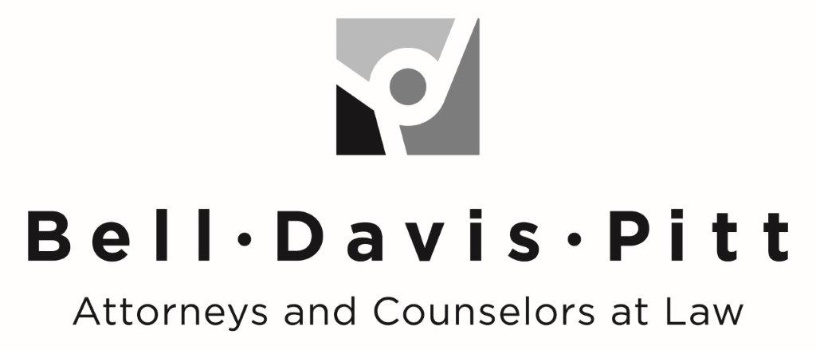Serving Documents in North Carolina State Court – the eCourts Shakeup
Aug 27, 2025 | By: Carson D. Schneider, Alan Ruley
North Carolina lawyers in the eighty-seven counties that have gone live with eCourts may need to update how they serve documents. The civil rules require service of most documents, including discovery requests, through the eFiling portal.
The service requirements for civil practice are found in Rule 5 of the North Carolina Rules of Civil Procedure. That rule distinguishes between service “on an attorney” and service “on a party.” The default rule is service on “the party’s attorney of record” when the party is represented. N.C. R. Civ. P. 5(b).
If you’re serving documents on an attorney, then Rule 5 requires service through Odyssey. See N.C. R. Civ. P. 5(b) (“Service is made under this subsection if performed on an attorney through the court’s electronic filing or case management system at an email address of record with the court.”). The Odyssey-service requirement even applies to some documents that are not otherwise filed in state court, like discovery. Rule 5 applies to “every paper relating to discovery required to be served upon a party.” Though lawyers do not typically file standalone sets of interrogatories, document requests, or requests for admission with the court, Rule 5 now requires that these papers be served through the eFile portal. Helpful information about how to serve (but not file) these kinds of documents are found at the NC Courts website, here.
There are exceptions to Odyssey service. It is not required if you are serving “on a party” (i.e., not the attorney). In that circumstance, Odyssey filing is permitted only “if the party has consented to receive service through the court’s electronic filing or case management system and a copy of the consent is filed with the court by any party.” Rule 5(b). Without that written consent, a traditional service option is required (e.g., mail, email, fax).
Odyssey service is also not required “[w]hen service through the court’s electronic filing or case management system is not available.” Id. This exception applies to counties that have not implemented eFiling. “Not available” may also apply to situations when eFiling is down or malfunctioning.
Another exception applies to briefs, which lawyers can still serve by email or fax. In North Carolina superior court, briefs are not filed with the court. Instead, parties can simply serve their briefs (either in support of, or opposition to, a motion) “at least two days before the hearing.” N.C. R. Civ. P. 5(a1). Subsection (a1) notes that for “the purposes of this two-day requirement only, service shall mean personal delivery, facsimile transmission, [email], or other means such that the party actually receives the brief within the required time.”
Odyssey aside, most North Carolina practitioners continue to serve courtesy copies of documents by email. This is probably wise, as both Odyssey and the Bar continue to iron out problems in the system. If you’re concerned about sending or receiving documents through Odyssey, consider seeking an agreement with opposing counsel to serve documents by email (or some other traditional means).
At the time of writing, eighty-seven of North Carolina’s one-hundred counties have gone live with eCourts, with the remaining thirteen to go live on October 13, 2025. The status of the eCourts rollout, along with other related information, can be found here.






Leave a comment
0 Comments